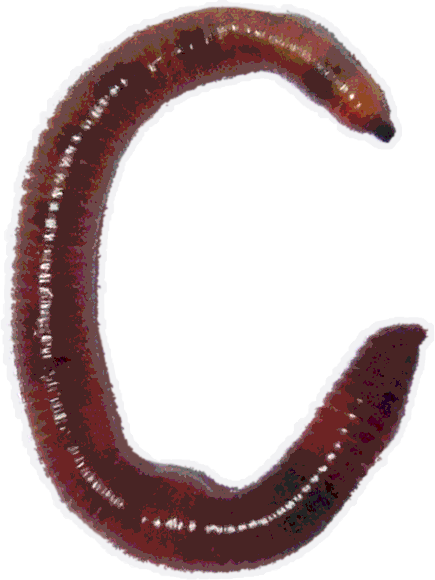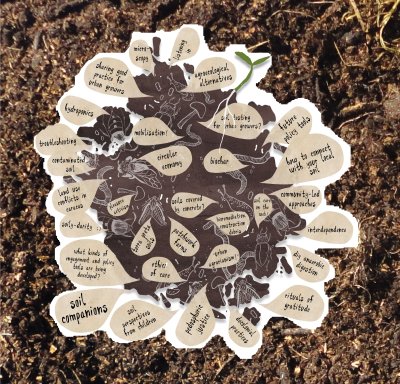Throughout 2021 we are collaborating with the Centre for Agroecology, Water & Resilience (CAWR) and a host of amazing research partners across the world on the Soil Nexus Project.
Overview
Healthy urban and peri-urban soils are essential for the local production of food, to enhance short food chains and build food-resilient cities. Urbanisation, however, is the cause of ongoing water pollution, soil degradation and loss of agricultural land, particularly around industrial sites or human settlements with poor waste management. In the context of growing populations, rising land prices, and the desire to increase the amount of food produced in a city region, innovative urban food businesses and existing peri-urban farmers can play an important role in the regeneration and remediation of these soils in line with agroecological principles, particularly using existing natural and organic resources, such as urban waste water and food and green waste. However, soil protection and regeneration are hardly addressed in urban policies, and circular metabolism is often advocated but rarely enabled in practice. Policy barriers and lack of knowledge in the assessment of safety and quality of urban wastes prevent the uptake of these agroecological-based innovations in soil remediation. Building on the experience of three cities - Rosario in Argentina, Franschhoek in South Africa, and London in the UK, and through the promotion of ad-hoc data analysis and novel policy dialogues, this project aims to address the gap between practice and policy in the virtuous use of urban wastes for the remediation of urban soils. The outcomes will include a policy guide addressing the practical, legal, and planning obstacles to enhance understanding and uptake of soil remediation practices.
This project is connected to two JPI-Urban Europe and Belmont Forum funded projects: “Urbanising in Place” and “WASTE FEW ULL” (2018-2021).
Project Objectives
Carry out research on ‘circular pedology’ (or Food-Energy-Water-based in-situ soil science), for quality assessment in the use of urban waste for soil remediation. This includes the assessment of the biological quality of the soil (pre- and post- amendments), of water for irrigation and of the vegetables grown in remediated soil and waters. To organise trandisciplinary dialogues and develop policy briefs to address the lack of local policy frameworks that facilitate the agroecological use of water and waste in the bioremediation of urban damaged soils to render them fit for food production.
Impact
The project aims:
To provide evidence of quality assessment for the agroecological remediation of urban damaged soils; to raise global awareness around soil care and stewardship; to gather an overview of existing best practices in soil remediation aligned to agroecological principles; to provide guidance for public policy.
Outputs
Four online transdisciplinary dialogues Project report/Policy brief Three documentaries Concluding dissemination event Two open access academic publications
Image Credit Illustration by Malini Basu

